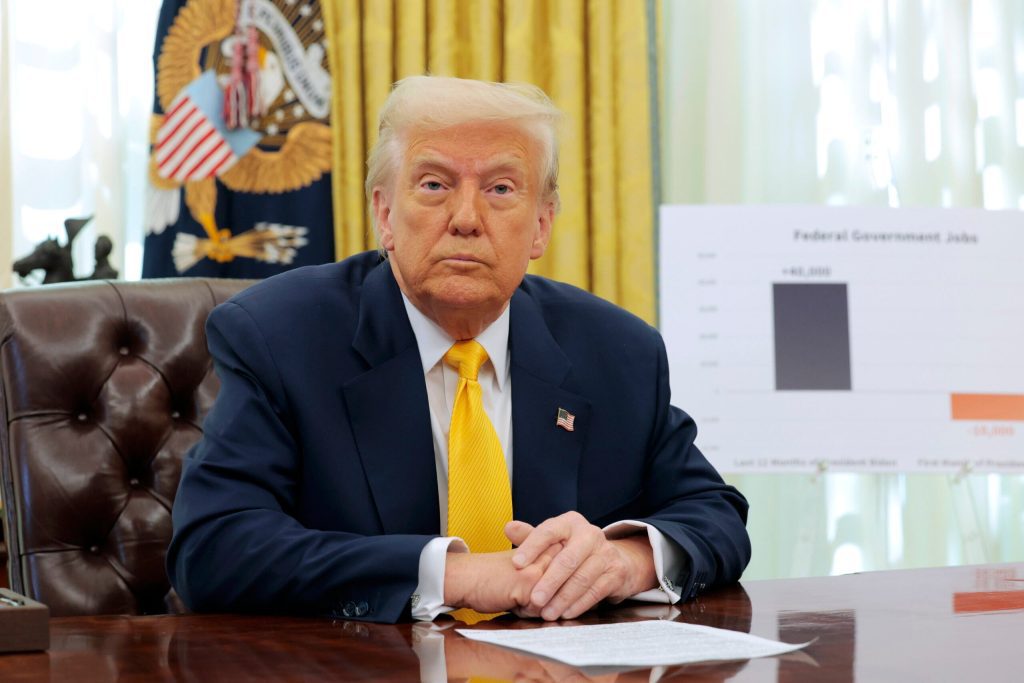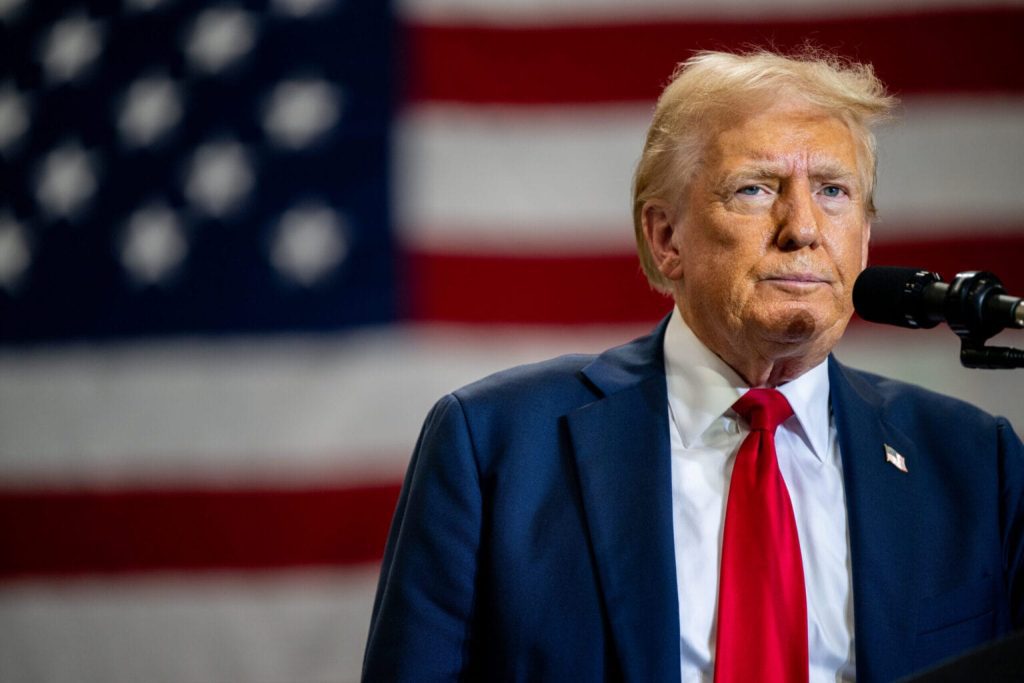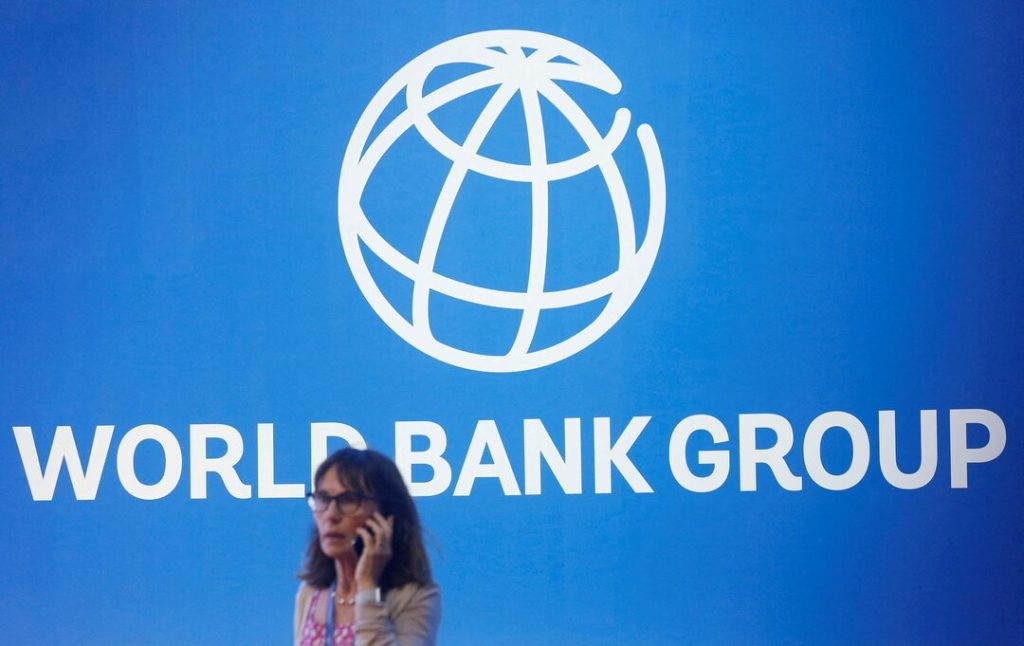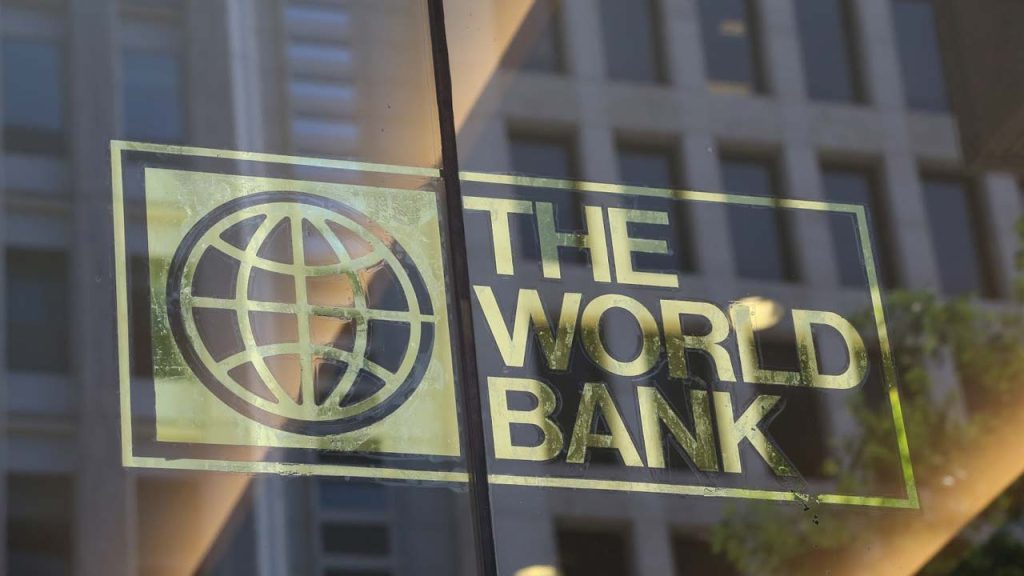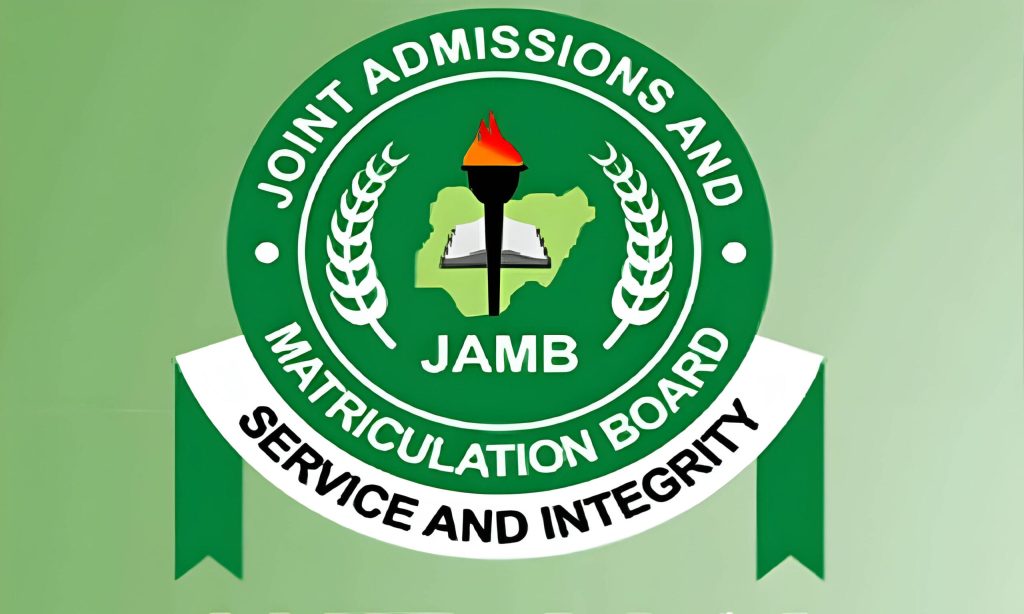On Wednesday, February 5, 2025, President Bola Ahmed Tinubu departed Abuja for Paris, France, on a private visit. This trip precedes his scheduled attendance at the African Union (AU) Summit in Addis Ababa, Ethiopia. During his stay in France, President Tinubu is slated to meet with his French counterpart, President Emmanuel Macron, to discuss bilateral relations and explore avenues for enhanced cooperation between Nigeria and France.
Engagements in France
While the specific details of the discussions between President Tinubu and President Macron have not been publicly disclosed, such high-level meetings typically encompass a range of topics, including economic collaboration, security partnerships, and cultural exchanges. France has historically maintained a significant presence in West Africa, and Nigeria, as the region’s largest economy, plays a pivotal role in shaping regional dynamics. The meeting between the two leaders is anticipated to reinforce existing ties and identify new areas of mutual interest.
African Union Summit in Addis Ababa
Following his engagements in France, President Tinubu will proceed to Addis Ababa to participate in the 38th Ordinary Session of the Assembly of the AU Heads of State and Government, scheduled from February 15 to 16, 2025. Preceding this, the 46th Ordinary Session of the Executive Council (Ministerial Session) will take place from February 12 to 13, 2025. These sessions are pivotal, bringing together African leaders to deliberate on pressing issues affecting the continent.
AU Summit Theme: Reparatory Justice and Racial Healing
The 2025 AU Summit is set to focus on the theme: “Justice for Africans and People of African Descent Through Reparations.” This theme underscores the AU’s commitment to addressing historical injustices, including those arising from colonialism, trans-Atlantic enslavement, apartheid, and systemic discrimination. The summit aims to foster a comprehensive dialogue on reparatory justice and promote initiatives that facilitate racial healing across the continent and the diaspora.
Anticipated Discussions and Agendas
In addition to the central theme, the summit is expected to cover a broad spectrum of topics critical to Africa’s development. Key areas of focus may include:
- Economic Development: Strategies to bolster intra-African trade, enhance industrialization, and attract sustainable investments.
- Security Challenges: Collaborative approaches to address ongoing conflicts, terrorism, and other security concerns affecting various regions.
- Health Initiatives: Continued efforts to strengthen healthcare systems, manage pandemics, and improve access to medical services.
- Climate Change: Discussions on mitigating the impacts of climate change, promoting environmental sustainability, and implementing green energy solutions.
- Governance and Democracy: Evaluations of democratic processes, human rights issues, and the promotion of good governance across member states.
Nigeria’s Role and Expectations
As a leading nation in Africa, Nigeria’s participation in the summit is crucial. President Tinubu is expected to advocate for policies that align with Nigeria’s interests and contribute to the continent’s overall progress. His engagements may include bilateral meetings with other African leaders to discuss shared concerns and strengthen regional alliances.
Public and Media Engagements
The African Union Commission has announced that the open sessions of the summit, along with all press conferences, will be livestreamed to ensure transparency and widespread access. Journalists interested in covering the event have been invited to register through the AU’s official channels. This approach aims to foster inclusive participation and keep citizens informed about the deliberations and decisions made during the summit.
Conclusion
President Tinubu’s journey to France and subsequent participation in the African Union Summit underscore Nigeria’s active engagement in international diplomacy and continental affairs. The outcomes of these engagements are anticipated to have significant implications for Nigeria’s bilateral relationships and its role within the African Union. As the summit approaches, stakeholders and citizens alike will be keenly observing the developments and resolutions that emerge from these high-level discussions.





